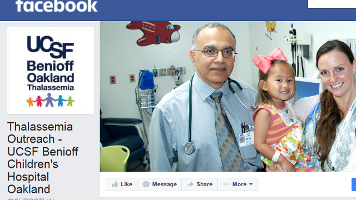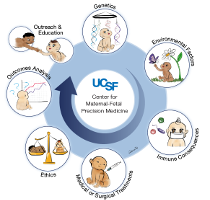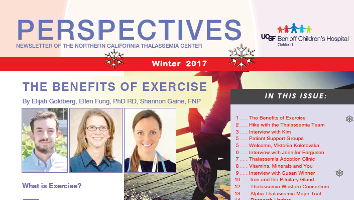17.0 - VACCINATIONS
Optimal immunization is critical for all patients with thalassemia, especially transfused patients and individuals who have been splenectomized. Prior to splenectomy patients should receive the meningococcal conjugate vaccine and should be up to date for Hib and pneumococcal vaccines.
Routine pediatric immunizations should be current and vaccination records should be checked annually. Beginning at two months of age, patients should be given 7-valent conjugate pneumococcal vaccine as recommended. A booster with 23-valent vaccine should be administered at 24 months. Pnuemovax boosters should be considered every five to ten years. Check the pneumococcal titers following immunization. Severe local reactions can indicate high titer.
Patients need to be immunized against hepatitis A and B, especially patients on chronic transfusions. Annual monitoring of titers and booster immunizations, when indicated, will ensure patients are well protected. Individuals who are HIV positive or undergoing treatment for hepatitis C should not receive live virus vaccines. An annual influenza vaccination and annual PPD should also be administered. Particular attention should be given to the H1N1 virus, as this pathogen may cause more severe symptoms in patients with thalassemia.












